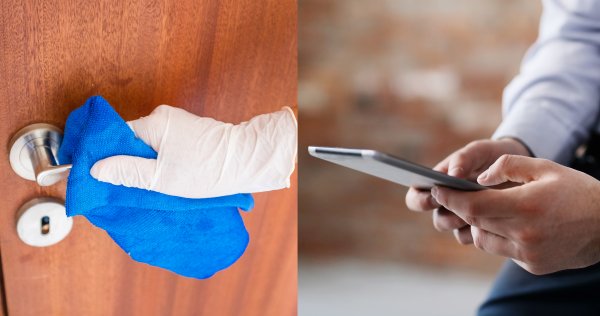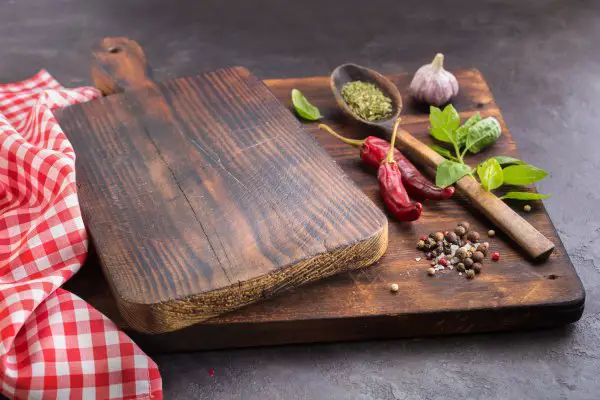What Are The Dirtiest Things We Touch Every Day?
Tags: opinion

Germaphobes beware: this article may be a bit of a shock. You will be surprised at the dirtiest things we touch every day. Most of them are things we touch regularly, and they are not obvious locations such as toilet seats. Rather, toilets are usually cleaner than the things listed below. Arm yourself with a bottle of sanitizer while reading about them!
Keyboards
Your keyboard is usually a haven for mold, yeast, Coliform, and Staph. Sweat, dirt, and grime collect with every keystroke as well as in the nooks and crannies of the device. This makes it all the more important to clean it thoroughly and regularly.
Read: This Cheap, 2D Material Cleanses 99.9999% Of Bacteria From Water In 30 Minutes
Grocery Carts

Researchers have found that the shopping carts at supermarkets are usually infected with E. coli because they are used for carrying raw food. Reusable bags for groceries are similar. The solution is washing your items and your hands regularly after a trip. Also, raw foods should be kept separate since that is where the virus spreads from generally.
Purses
Purses fit in a lot of things for their small sizes. They also carry a lot of bacteria and germs because they are not cleaned frequently enough. Makeup-related items and handles are the hotspots of micro-organic activity.
Phones

Smartphones have layers of bacteria on them owing to a combination of being constantly exposed to the air outside as well as whatever is on your face, hands, and in your pockets. Some studies even claim that smartphones carry 10 times more germs than a public toilet.
Remote Controls
Watching TV can also make you sick. Mold, coliform bacteria, and Staphylococcus aureus inhabit remote controls. Staphylococcus aureus is one of the most well-known bacteria that cause illness. And remotes in hotel rooms are especially bad.
Cutting Boards

These helpful utensils are one of the worst carriers of bacteria. Experts claim that kitchen surfaces where chopping is done can harbor somewhere between 50 and 200 times the bacteria of an average commode. These bacteria are not harmless either, as they include the likes of Salmonella and E. coli.
Refrigerator Handles
You might want to put on gloves when you reach for your fridge. Apart from the regular mold and yeast, it can also be housing numerous foul germs. However, this might make it easier for you to stick to that diet.
Toothbrushes
You’d think that something that is used to clean our teeth would not be a carrier of many bacteria. But guess what? The number of germs in your toothbrush is more than that in the mouth of your dog. The reason is where and how they are kept. Wet toothbrushes are ideal for meningitis-causing bacteria. Moreover, usually, we keep them near our toilets – which means every flush probably sprays it with some of our excreta.
Sinks And Faucets
The handles, basins, and faucets all need regular scrubbing. Interestingly, the kitchen fares worse than our bathrooms when it comes to bacterial infestation. Showerheads in households also frequently house pathogens like pulmonary disease-causing Mycobacterium Avium.
Read: Scientists Think Hand Dryers Are A Public Threat Because They Spread Bacteria So Dramatically
Dishcloths And Sponges
Finally, we have the very things we use to clean on the list. In fact, they are probably the dirtiest of them all. Sponges in kitchens fare the worst, housing a whopping 10mn bacteria in every square inch. That is nearly 200,000 times as much as a public toilet seat. Dishcloths and towels also fare similarly.
Many of them are things we touch numerous times every day. As impossible as it is to keep them completely disinfected, it is extremely important to clean them thoroughly as frequently as possible. Without that, the numbers can further skyrocket.

Leave Comment: